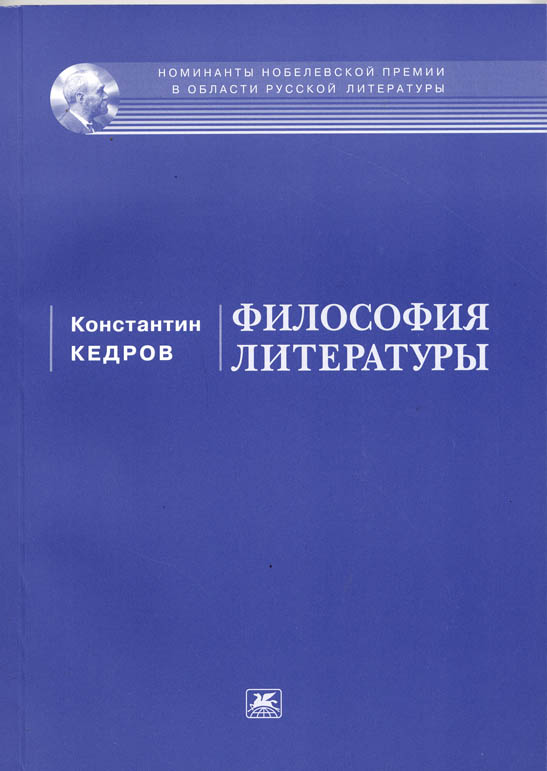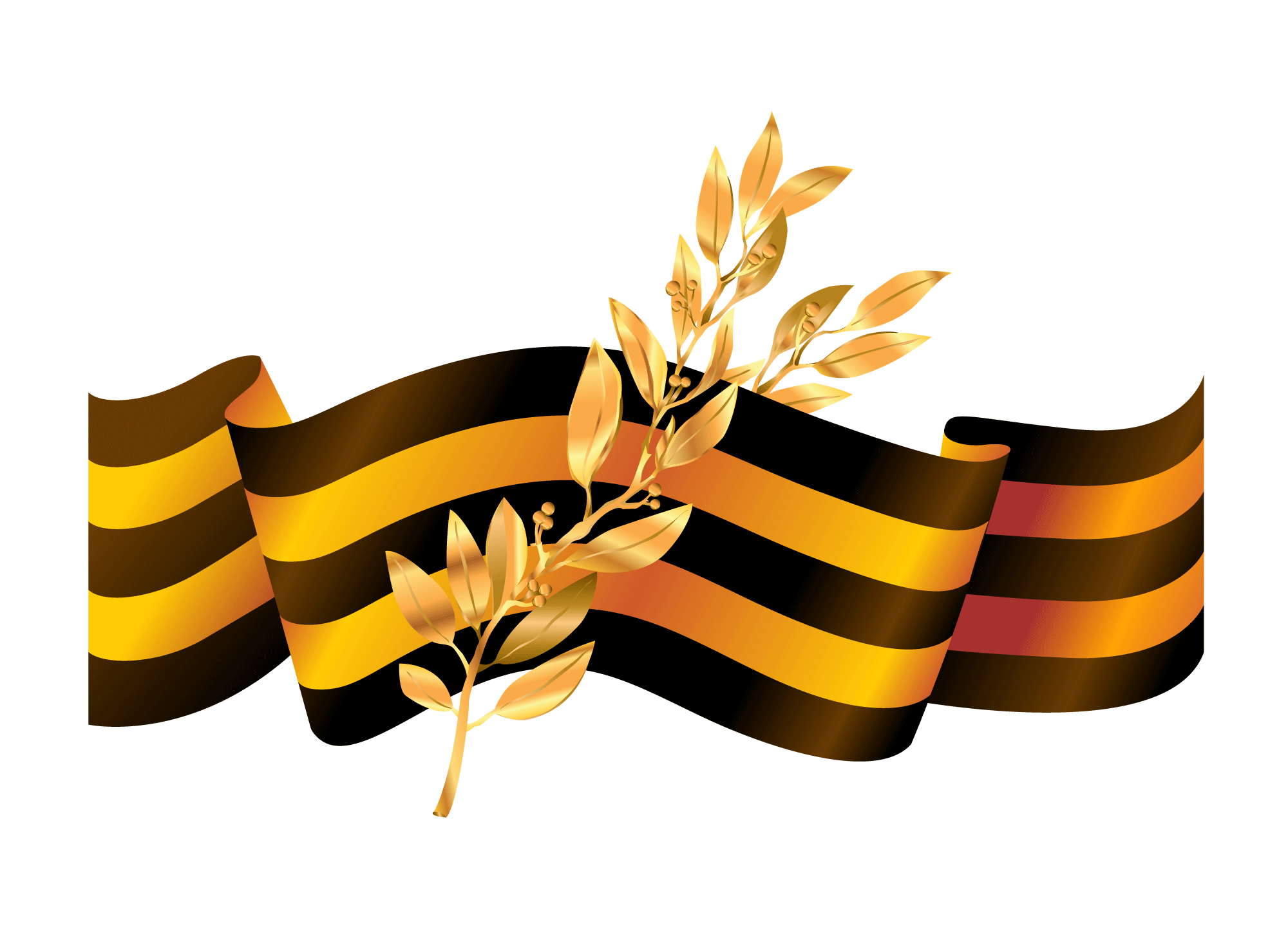What such is philosophy?
The student of Socrates Plato was confident, that he guessed secret. It reported to us that the entire our world only shadow of reality and therefore was subjected to death and destruction. Not only shadow will disappear, but also the sun once will go out. But here [eydos] ( idea of the sun ) is indestructible. [Eydos] of man - his soul, it is immortal. But [eydos] itself consists of three elements: truth, beauty and virtue.
Student and friend of Plato Aristotle sharply did not agree with this. “Plato to me friend, but truth is more expensive”. The truth, in the opinion of philosopher, who brought up Alexander [Makedonskiy], is subordinated to logic. And it created its, reasonable and irreproachable logic, after tying the entire world by the chain of cause-effect connections. “Greeks invented consequence, reason,/in order not to see this devilry”. Besides “physics” Aristotle wrote still “poetics” and “ethics”. The comparison of artist with the monkey, that mimics its reflection is, of course, magnificent. The study about the catharsis - purification by suffering - in the skill is not a bit not antiquated. The study about the reason for reasons, which the first set in motion all cause and effect, and today cheers soul. But we perfectly well understand that the peace of Aristotle is too reasonable and logical. In it there is no chaos and folly.
As said never the philosopher of the end [KHKH] of the century Of [merab] Of [mamardashvili], Homo Sapiens reasonable was not. If the reason of [vsesilen] is limitless, then even more limitlessly human folly. After Auschwitz and gulag the philosophy became entirely another. [Sartr] and To [kamyu] attempted to understand not so much sense, as nonsense of existence. The hero “of plague” [Kamyu] for a long time stands in the turns, but, approaching the cashbox, nothing he buys. It would stand in our Soviet turns, in a flash sense would find and purchased everything that it is possible to purchase.
Thus it came out that the peace was introduced to the Russian philosophy, after reading the novels of Tolstoy and Dostoyevsky. There is not one important European thinker, who did not test on himself the influence of these giants. Nietzsche read “notes from the underground” and he stated that the superman was born in Russia. “Outside” the same [Kamyu] - answer to “the crime and the punishment”. If it attempts to understand dissenters, why it killed, then stranger simply kills all, without any sense.
Tolstoy's study very deeply affected Albert Einstein, author of the theory of relativity. It repeatedly re-read Tolstoy's parable “much whether to man of the earth must” and found in it bottomless sense. It is necessary whether to speak, what influence exerted Tolstoy on Gandhi, to Martin Luther King, to Albert Schweitzer with his ethics “of awe before the life”.
Now in Russia and in the world by no means Tolstoy times, but “awe before the life” from the removed philosophy it passes simply into strategy of survival. If the first half [KHKH] of century is past under the [michurinskim] slogan “we we cannot wait favors from nature, take them in it - our task”, then the 21st Century increasingly more frequently repeats the [dissidentskuyu] joke of the Soviet times: “we cannot wait favors from nature after the fact that we with it made”. From the Marxist subjugation of nature and space we finally pass to the Tolstoy and [shveytserovskomu] awe before nature and space.
Twice visited space Yuri [Baturin] pronounced the secret phrase: “In space the most interesting - crew”. Earth also in space, and on it the also most interesting - crew. It will not be people - everything will disappear.
New humanism conquers the increasing number of supporters in the contemporary philosophy. Philosophy was and remains keeper and creator of sense. Rest is nonsense.
In the institute of philosophy RAN [Russian Academy of Science] on [Volkhonke], opposite the restored temple of Christ rescuer, countless many divisions, and among them - the sector of truth and the department of ethics. At first this causes smile. But it pleases me, that truth and the ethics can be gotten to know in light of the reason.
Once Descartes said: “I think - consequently, there exist”. Russian philosophy be satisfied by this cannot. The thinking heart and the feeling reason or that Dostoyevsky named “the confession of hot heart”. Russian dispute about god and sense of life in chapter “after [konyachkom]” - this of the sign of our daily way of life. Sector of truth and the department of ethics in us in each railroad car, in each [kosterka] during fishing and on the hunting. We as before together with The [raskolnikovym] and by brothers [Karamazovymi] first are sufficient at the axe, then we reflect about the sense of life. Frequently and that and, etc simultaneously.
What is truth, Saltykov-Schedrin asks and it answers: “Goes dirty-faced and to a question “that is truth?” solidly and strictly it answers: is on premises consumption [navynos] ". Hardly here anything is antiquated. By the way, in the sector of truth, as in other divisions, also they love to drink and to have a snack. In this there is some heat.
Aleksey Fedorovich [Losev] loved to take a walk in the Arbat cavity near his house, where nowadays its granite bust. It once saw two figures. They ask: “Peasant, the third you will be? ” - “I will not refuse”. - “Then bear containers”. [Losev] returned to the house after the containers. “You well, then will carry by them containers? ” - astonished the husband of philosopher [Az] [Alibekovna] [Takho]- befit. - “Certainly. However, not of the idea by them to drink”.
But from the 19th Century to it echoes Pushkin: “[Podymem] containers, [sodvinem] them at once! /Yes are in good health the Muzas, yes is in good health reason!” Here is it - Russian poetry and Russian philosophy.
Constantine [Kedrov]
Source - “[Izvestiya].[ru]”
Свидетельство о публикации №109110708185


